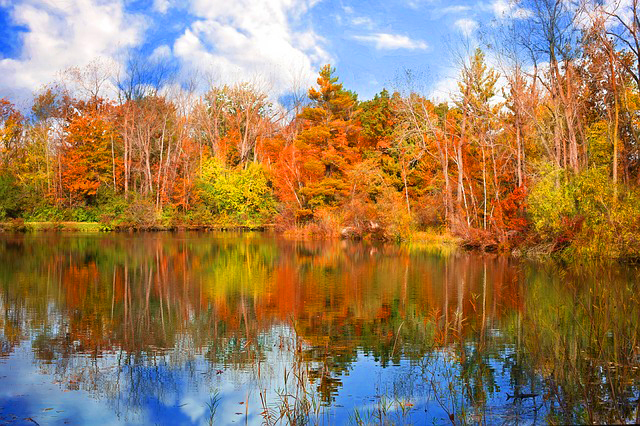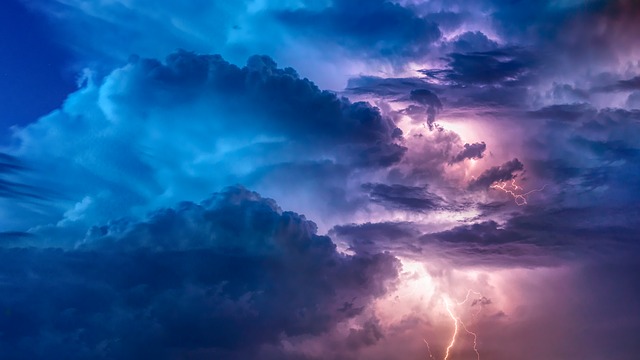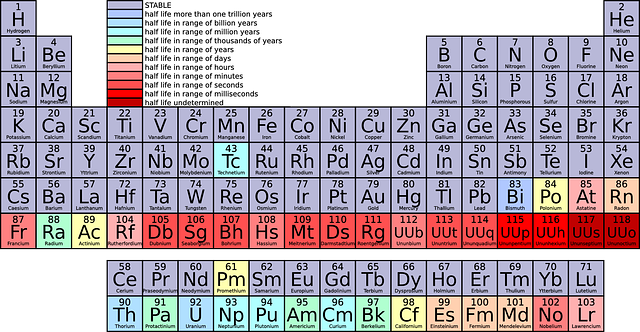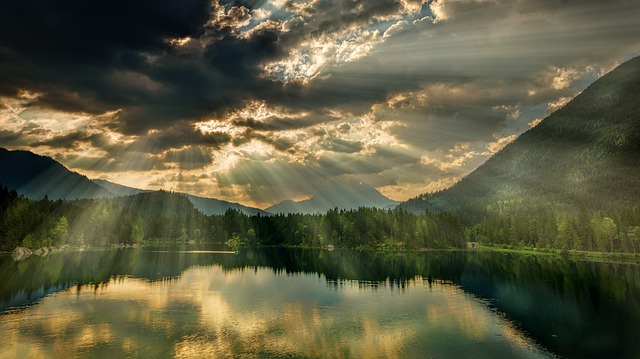 Autumn brings a special treat for the senses. The gradual color shift of the trees from the dark green of late summer to brilliant colors of yellow, red and orange is a refreshing change, particularly when viewed against a bright blue sky. On cloudless days, the early morning or late afternoon sun is especially revealing.
Autumn brings a special treat for the senses. The gradual color shift of the trees from the dark green of late summer to brilliant colors of yellow, red and orange is a refreshing change, particularly when viewed against a bright blue sky. On cloudless days, the early morning or late afternoon sun is especially revealing.
The appreciation of nature’s colorful display is nearly universal. Many people make a special effort to journey through the countryside to view the variety of landscapes painted with autumn’s hues.
So, what has this to do with the debate on God’s existence?
It is another example of an element of pleasure that has no logical explanation. What is it about the variety of colors that gives us pleasure? After all, autumn doesn’t present us with unfamiliar hues. One way or another, we have seen all these colors before. Yet, there seems to be an emotional trigger associated with nature’s annual display.
Why is there such a variety of colors? Why does one type of tree produce yellow or gold tints while another type of tree produces red? Certainly, we could determine that some chemical mix creates the unique colors associated with each tree. But once again we would be faced with the improbability that such combinations occur as part of a random toss of nature’s dice.
While all the different varieties of plants will eventually turn to the brown that signals the death of those leaves, there seems to be no special reason for the spectrum of colors that are displayed in the transitional phase between summer’s green and winter’s dull brown.
Perhaps it is all part of a master plan. Perhaps a loving Creator designed the events and variety for the express purpose of providing pleasure for his ultimate creation – the human.
Perhaps the colors of fall are God’s way of providing a last-ditch emotional high before winter’s dull skies threaten to dull the spirit as well – God’s way of easing us into a quiet season.









